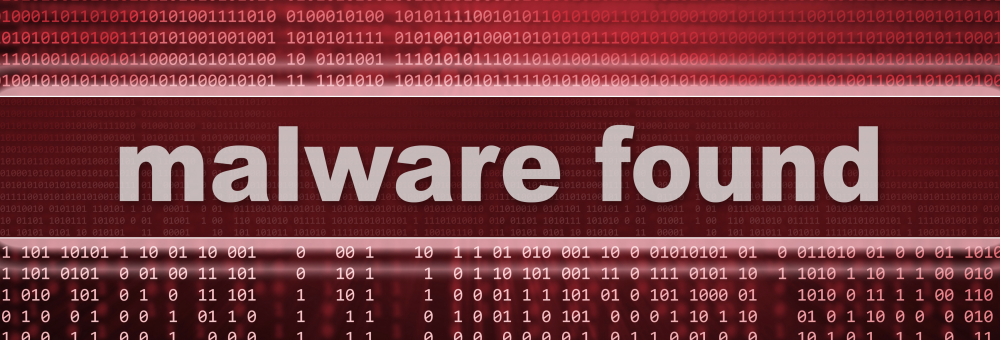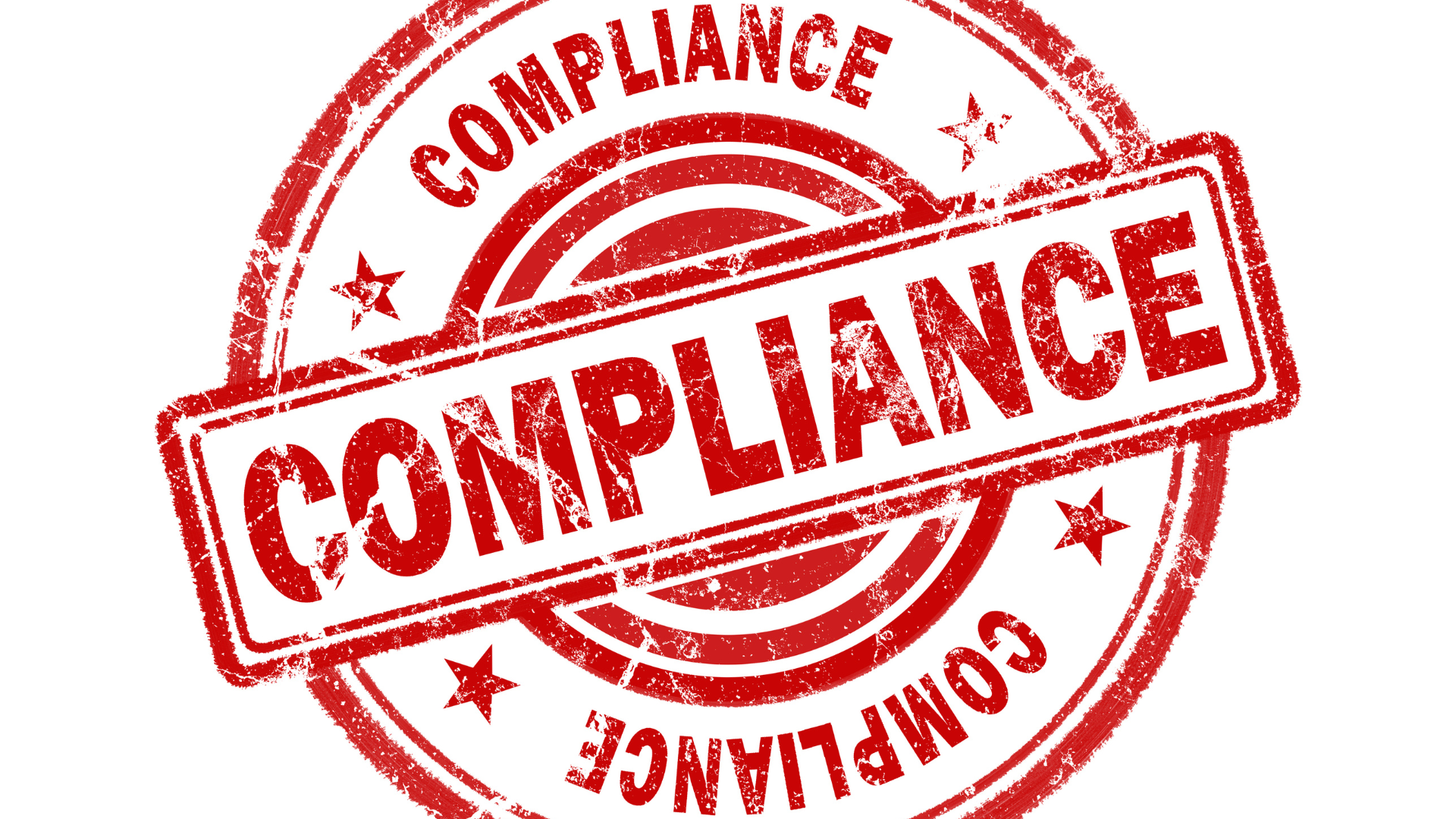Is Your Business Truly Safe?
Ever had that sinking feeling that your business might not be as secure as you think? If the last few years have taught us anything, it’s that cyber threats are real, they’re evolving, and they’re relentless. Enter the Chief Information Security Officer (CISO)—the unsung hero your business needs to stay one step ahead of cybercriminals.
Why a CISO is More Important Than Ever
Cyber attacks are no longer a question of “if” but “when.” In 2023 alone, the cost of cybercrime globally is expected to reach $8 trillion, according to Cybersecurity Ventures. With this escalating threat landscape, a CISO becomes not just a luxury but a necessity.
A CISO is the guardian of your business’s digital assets. They’re the ones who make sure your security strategy is not just reactive, but proactive. They identify risks, implement policies, and ensure compliance with industry standards like GDPR, CCPA, and more. Simply put, a CISO is your business’s best defense against cyber threats.

The Emotional and Financial Impact of Cyber Attacks
Imagine the fallout from a data breach—customer trust plummets, your brand’s reputation takes a hit, and the financial losses start to pile up. The IBM Cost of a Data Breach Report 2024 revealed that the average cost of a data breach is a staggering $4.24 million. But what’s often overlooked is the emotional toll it takes on business owners and employees alike. The stress of handling the aftermath of a cyber attack can be overwhelming, affecting everything from morale to productivity.
This is where a CISO steps in—not just to prevent these breaches from happening but to ensure your business is prepared to handle them if they do. They’re the calm in the storm, providing leadership and direction when it’s needed most.
The Technical Side: What Does a CISO Actually Do?
A CISO wears many hats. They’re responsible for designing and implementing your company’s security architecture, managing incident response, and ensuring that all security policies align with your business objectives. But it doesn’t stop there. A CISO also plays a critical role in training your employees on cybersecurity best practices, ensuring that everyone—from the CEO to the interns—is aware of their role in keeping the company secure.
According to the 2024 SANS Security Awareness Report, 85% of data breaches involve human error. This statistic underscores the importance of having a CISO who prioritizes employee education as a core part of the security strategy.
The Outsourced Solution: Virtual CISO (vCISO)
For many small to medium-sized businesses, hiring a full-time CISO might not be feasible. This is where the concept of a Virtual CISO (vCISO) comes into play. A vCISO offers the same level of expertise and guidance as a traditional CISO but on a flexible, outsourced basis.
DataGuard365’s vCISO service provides businesses with access to experienced cybersecurity professionals who can tailor security strategies to your specific needs. This is especially valuable for businesses that need to comply with stringent regulatory requirements but may not have the in-house expertise to do so.
Conclusion: Protecting What Matters Most
In today’s digital world, the question isn’t whether you can afford a CISO—it’s whether you can afford not to have one. Cyber threats are evolving, and your business needs to evolve with them. Whether through a full-time CISO or a virtual one, investing in this role is investing in the future of your business.
Is your business truly safe? With a CISO, you can confidently answer “Yes.”
Learn more about how DataGuard365’s vCISO can protect your business: Virtual Chief Information Security Officer (vCISO)
Back to Articles/Blog



